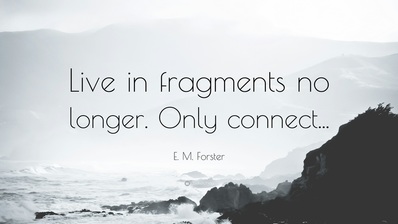
With an understanding of the need for social connection and how you can approach social interaction reasonably, you can reduce feelings of isolation and forge new connections that make you happy.
Going out and becoming the life of the party seems pretty intimidating, but the other extreme is just as bad for you. You might be able to spend many comfortable months cuddled up to your Netflix queue or a good book series, but after awhile, you begin to realize that this is not a replacement for human engagement. The need for social connection varies widely among people. Some people needing near-constant engagement, while others just need a check-in every now and then with a good friend or family member. Scientists believe that it is our social natures that have allowed us to grow as humans, with brains so large we dominate the earth. In short, your big brain needs social connection for complete mental health, however you manage to get it.
Getting Back in the Saddle
Anyone who deals with fear or anxiety on a regular basis knows that sometimes you have to do something that is necessary for your health, even if it’s scary. If you fall off a horse, it is important to get back into the saddle. However, battling isolation that often comes from dealing with mental health concerns requires a more delicate approach than simply rushing in. The trick is to set goals that are within your reach, and to start slowly. Making social connections is usually easier in school than it is in adulthood. Consider volunteering or taking a class for a hobby you enjoy, but go gently. If you have trouble finding places to go, look for Meetup groups in your area. This will open up avenues of available friendships and other social experiences with people who already have something in common with you.
Social Media: Tread Carefully
Of course, the accessibility of immediate connections all over the Internet raises one important question: Why would you go out of the house at all to meet people when you have Facebook, Twitter, Instagram and Snapchat? Social media may be a wonderful way to cultivate interpersonal relationships, but it comes with a few warnings you should heed:
- People often do not behave the same way online as they would in-person
- Mood and intent are sometimes hard to read in text format
- The things you write in social media may be there forever
Sometimes, it is the harder task that will help us most of all. Even when you don’t want to get out and meet people, those social connections will improve your health. Just find a good way to get back in the saddle and keep your expectations in check.











 RSS Feed
RSS Feed